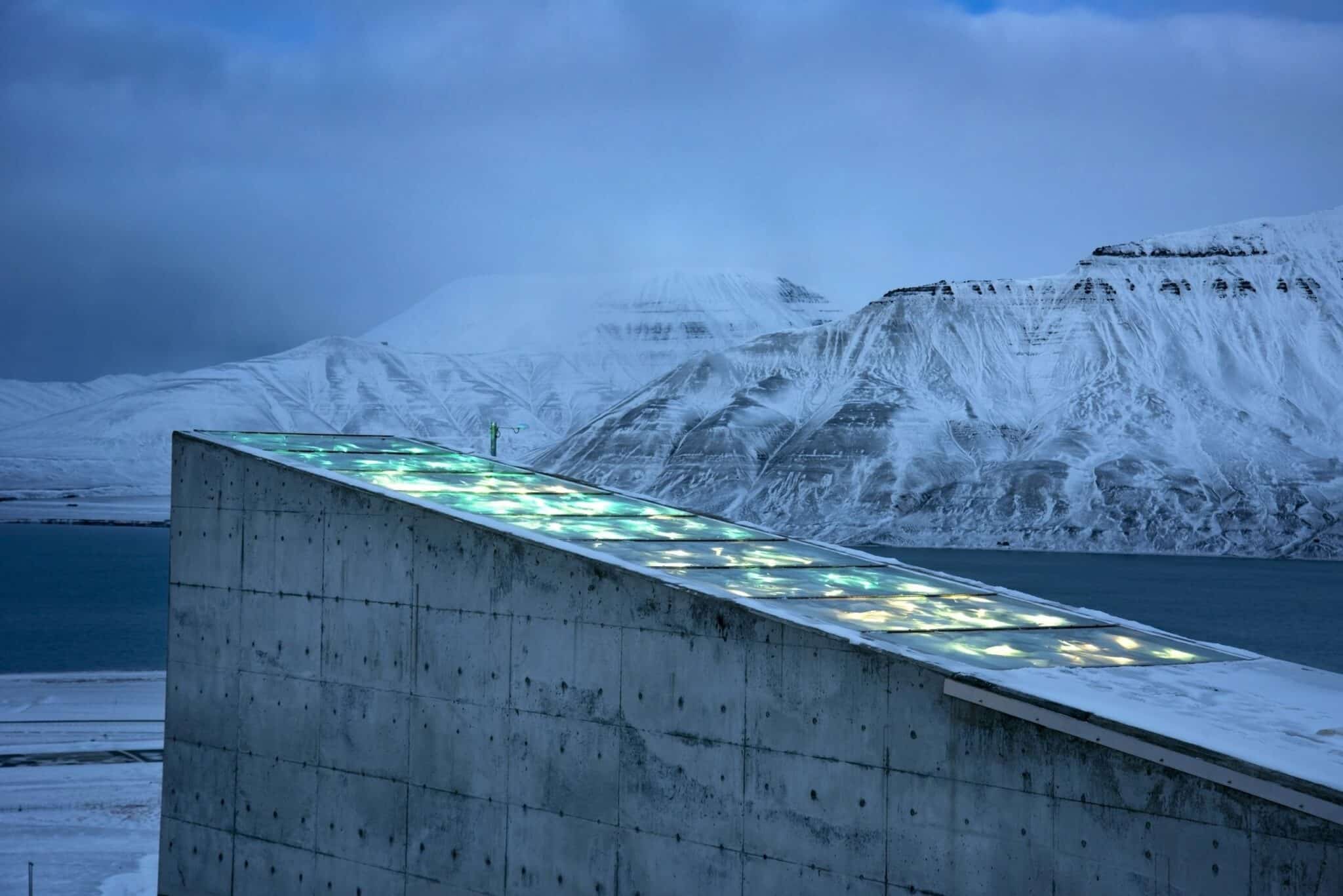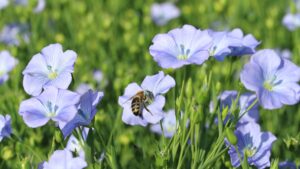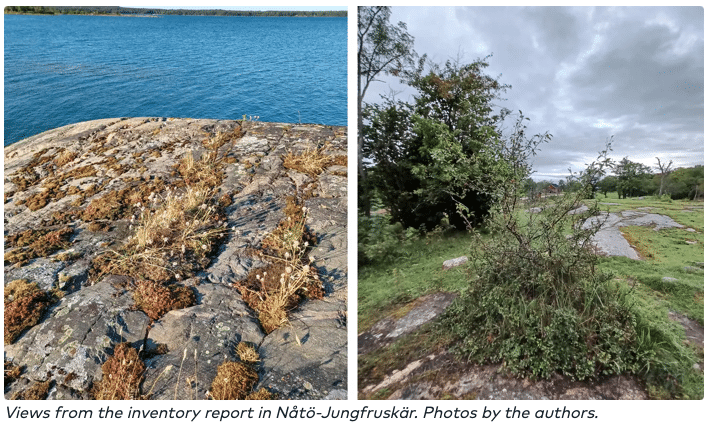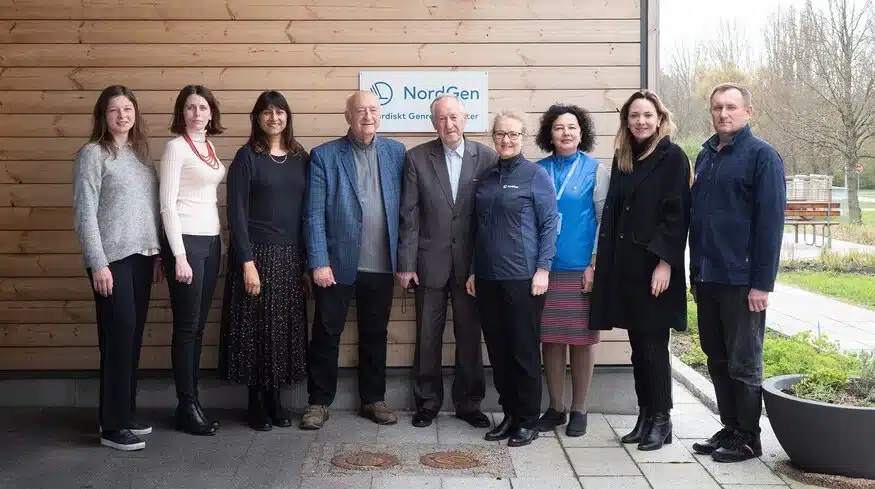The number of seed samples requested from NordGen has increased a lot the last few months. In the last two years, the number of distributed seed samples has almost doubled. This is great news, indicating that the important research infrastructure that the seeds constitute are being used and thereby contributing to new solutions for a more sustainable agriculture.
In NordGen’s seed laboratory, the work is intense already before the sun has risen. Apart from conducting germination tests to guarantee that the Nordic seed collection is of high quality, the seed technicians also pack and distribute thousands of seed samples that researchers and plant breeders order each year. In 2020, NordGen distributed 5 413 seed samples, an increase with almost 90% compared to 2018.
“We have seen a remarkable difference in seed orders the last few years. The seed orders have both increased in number and become more comprehensive. This is probably due to a number of different reasons, but it’s apparent that the genetic material in our seed collection is attractive and that our cooperation with universities and research institutions is working very well” said Mohammad El-Khalifeh, responsible for the seed orders at NordGen.
Climate change higher on the agenda
The transfer from the old order system SESTO to the newer GENBIS might be another reason for the increase. It is probably also a matter of climate change and decrease of biodiversity being higher on the political agenda, leading to an increased number of and bigger research projects which need the genetic material managed by NordGen. One such example is the big pea project that the Swedish Agricultural University (SLU) recently commenced, where the aim is to identify particularly interesting traits in pea accessions that will be used to develop new, robust pea varieties that can cater the increasing demand for plant protein sources produced in Sweden.
“In the project, we have a particular focus on finding pea varieties that can withstand both a surplus and lack of water, since we know that drought and heavy rainfall will be more common in the future. The first step has been to, in collaboration with NordGen staff, choose and order 100 different pea accessions which we find interesting in the Nordic seed collection,” said Cecilia Hammenhag, project coordinator and researcher at SLU.
Conserve trough use
Of the seed samples NordGen distributes, about 70% are sent to the Nordic countries and 30% to the rest of the world. Apart from the seed orders placed by researchers, plant breeders and others using the seeds in their profession, hobby growers in the Nordic countries also have the possibility to order seeds from us each spring. The genetic diversity conserved in the Nordic seed collection is absolutely crucial for creating new plant varieties that taste better, are more robust and give a higher yield. But the seeds can of course also be sown directly in the garden and thereby contribute to saving our cultivated cultural heritage for the futures. Because the best way to keep genetic diversity is to use it.













